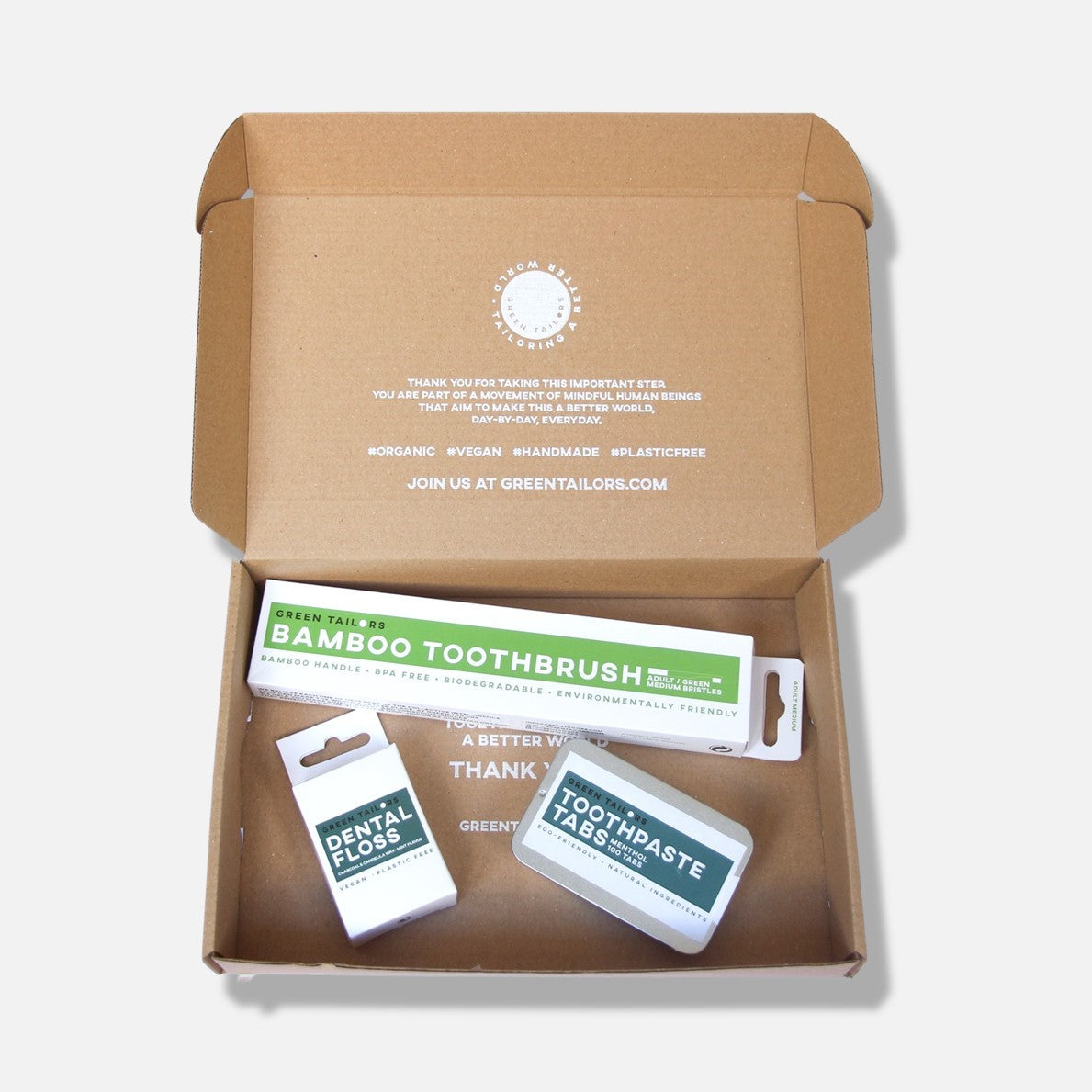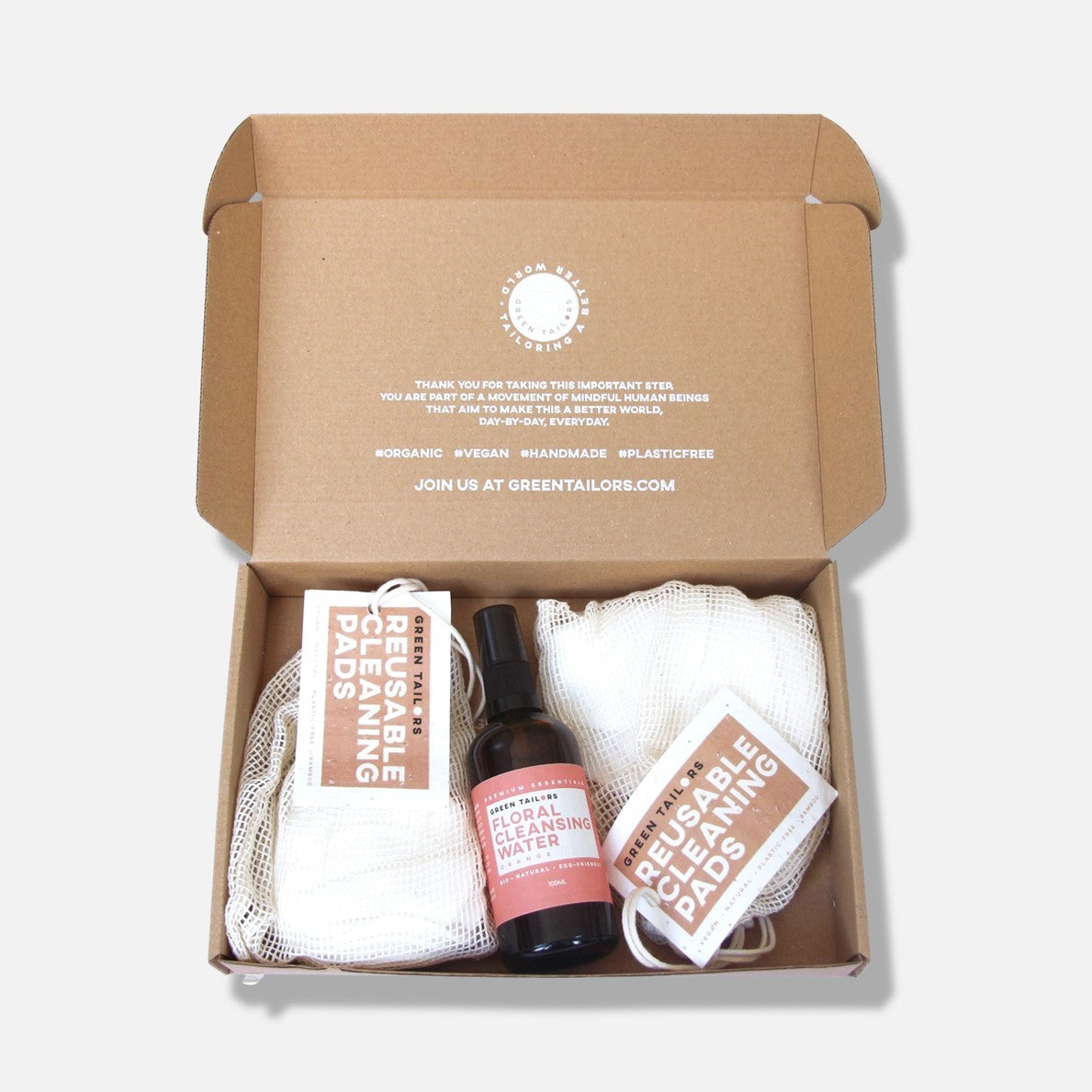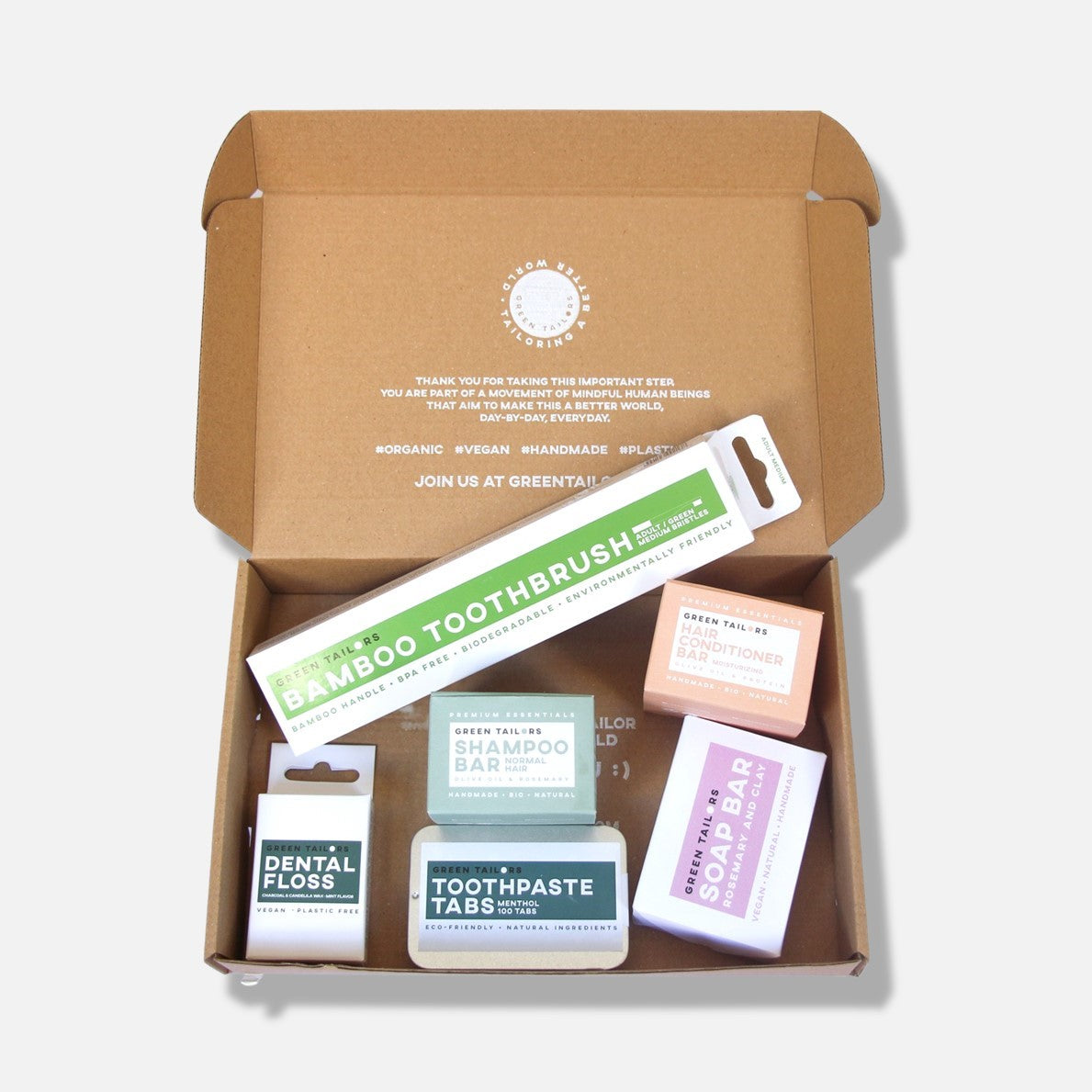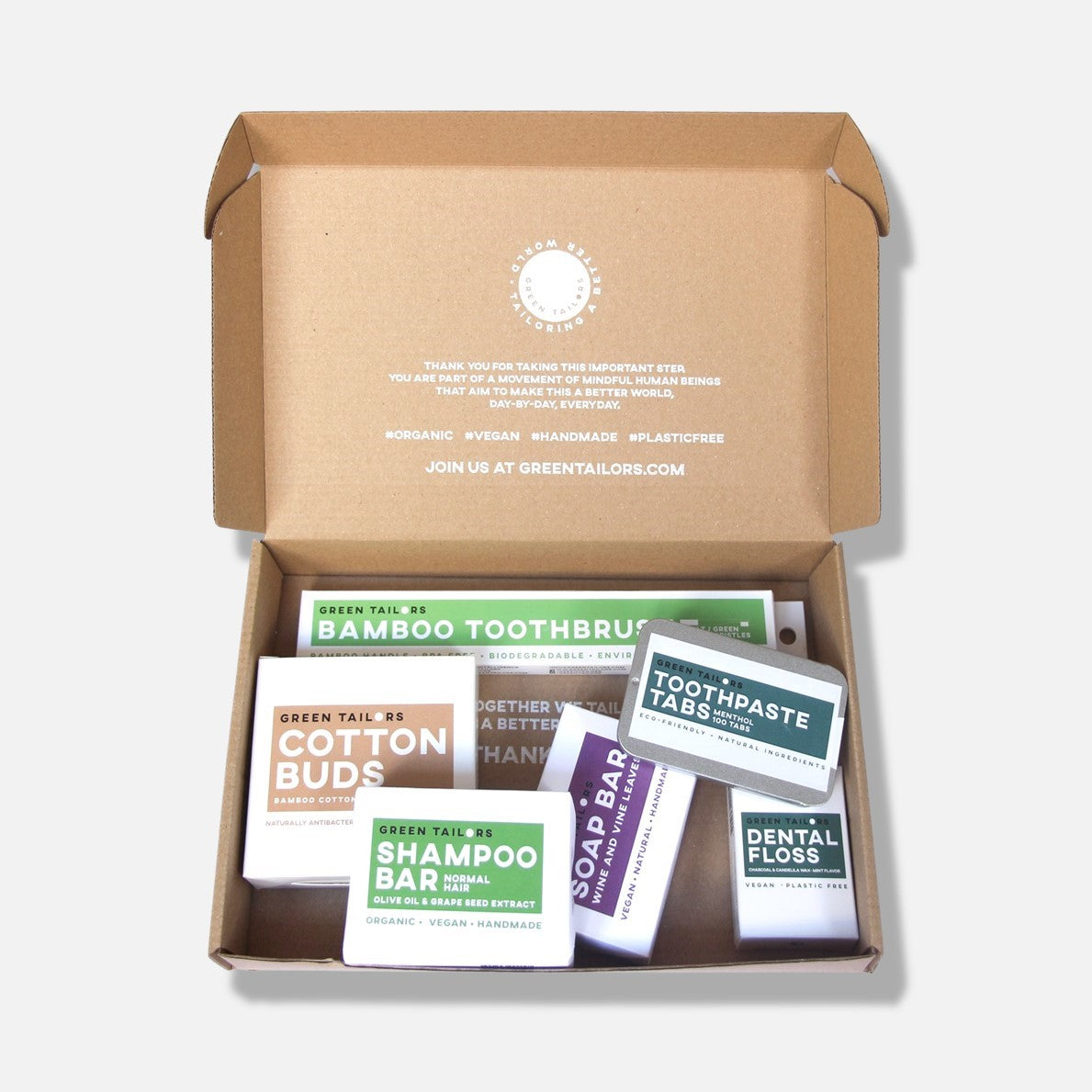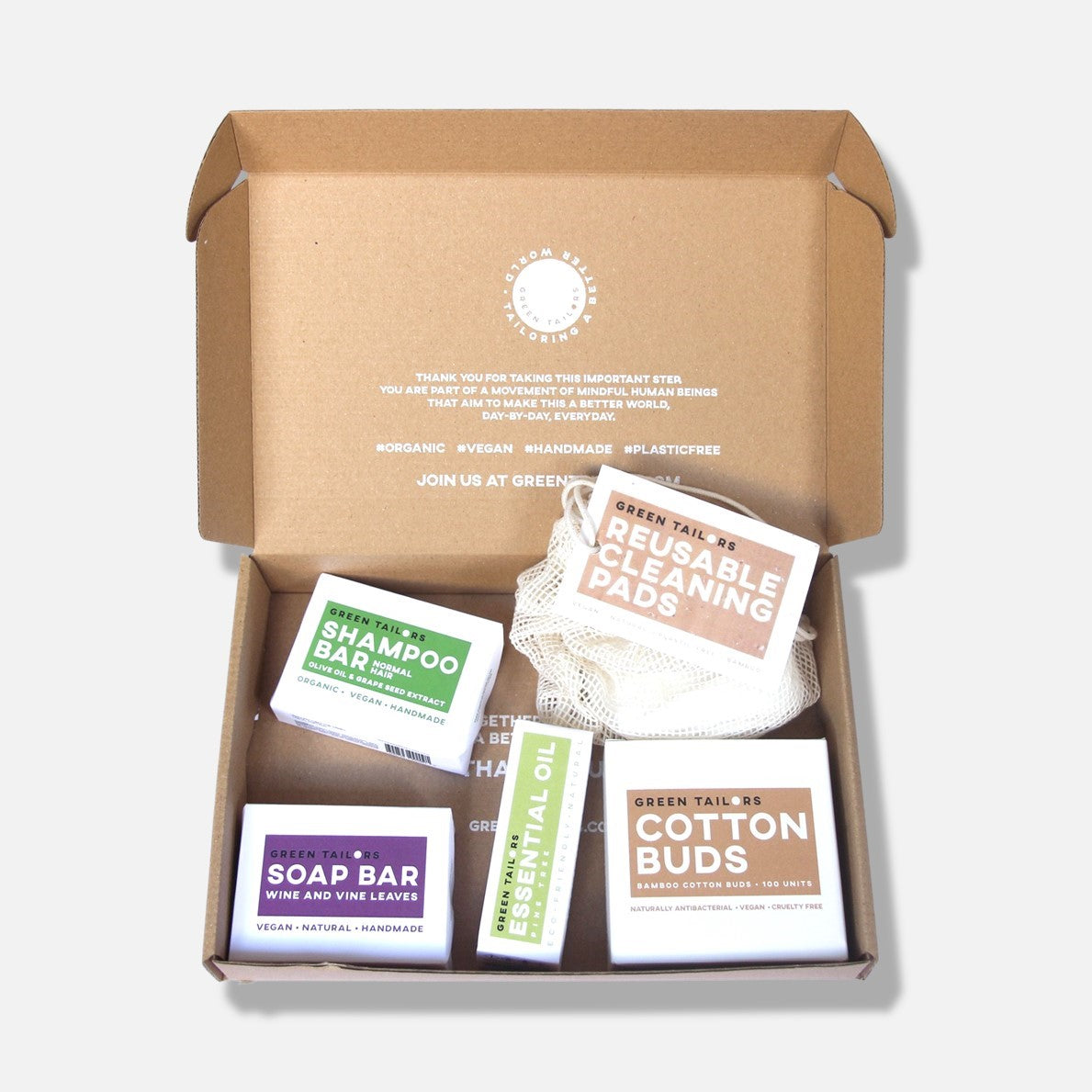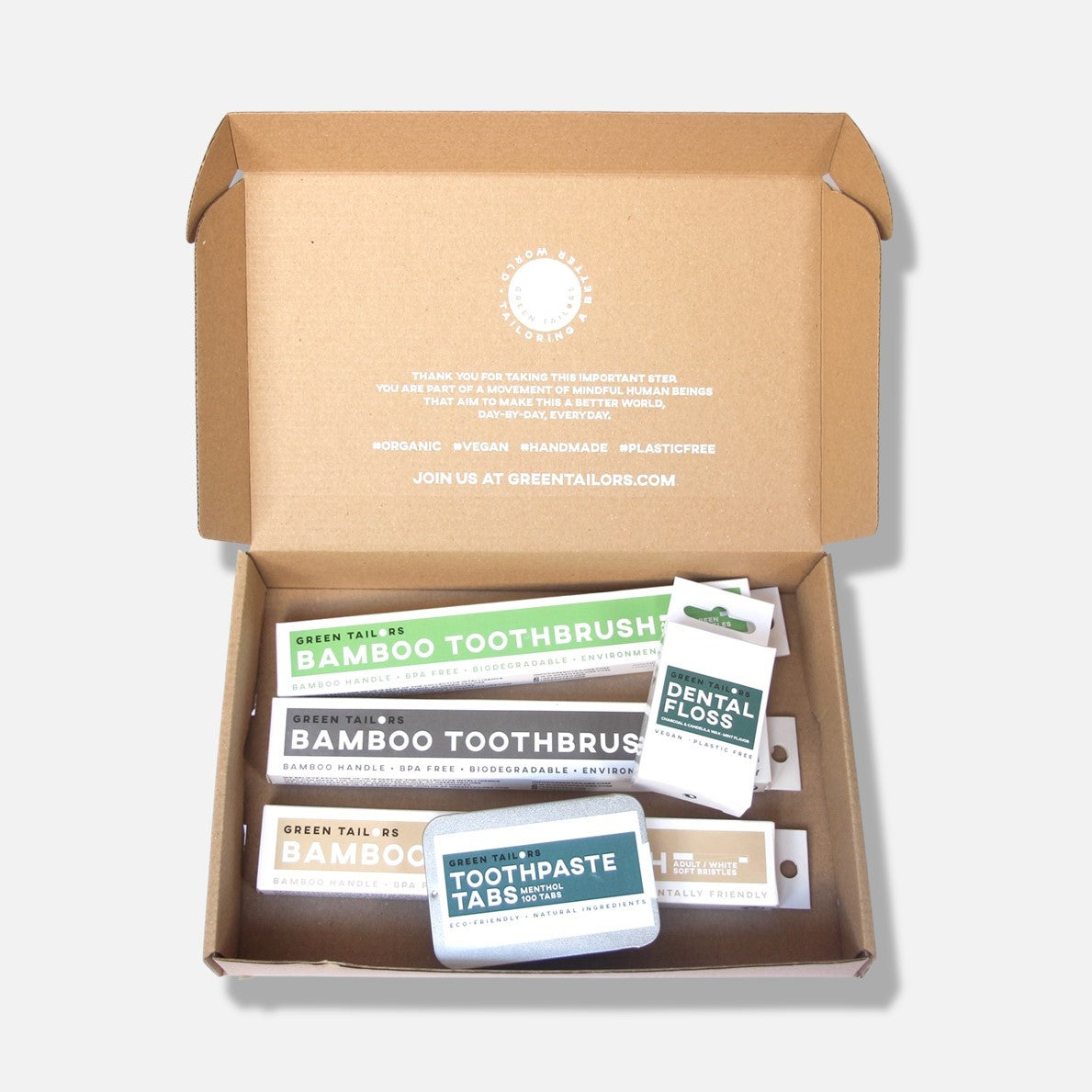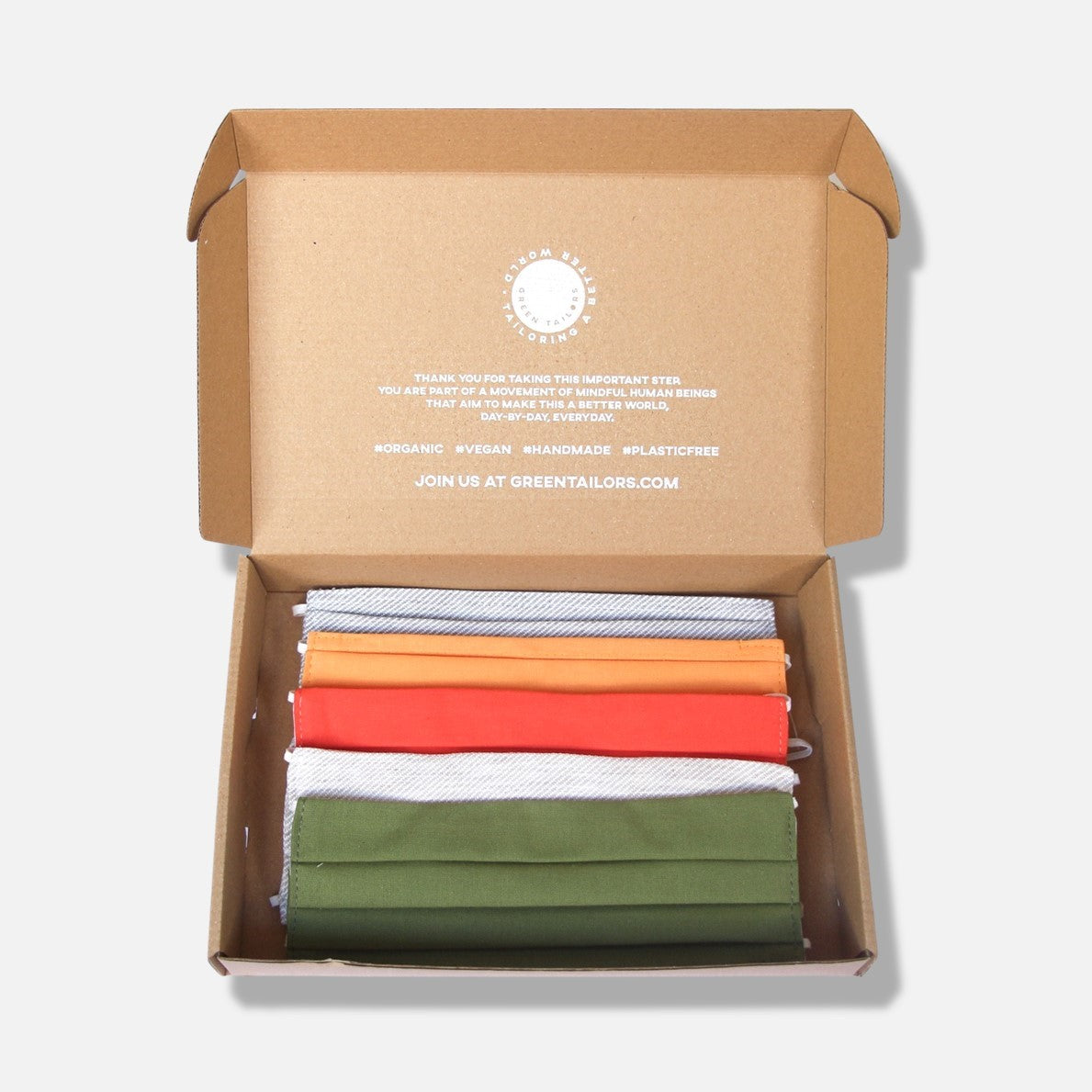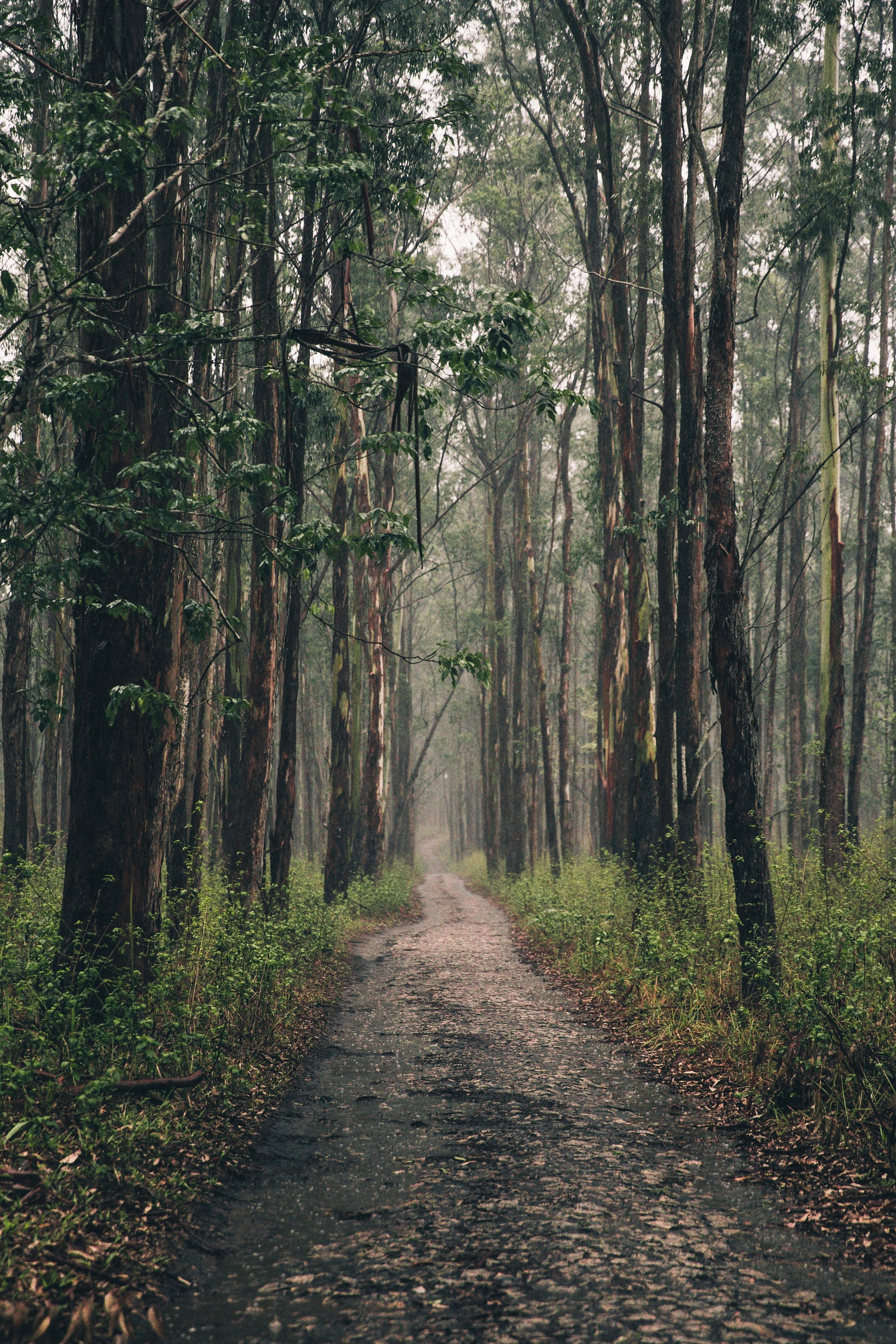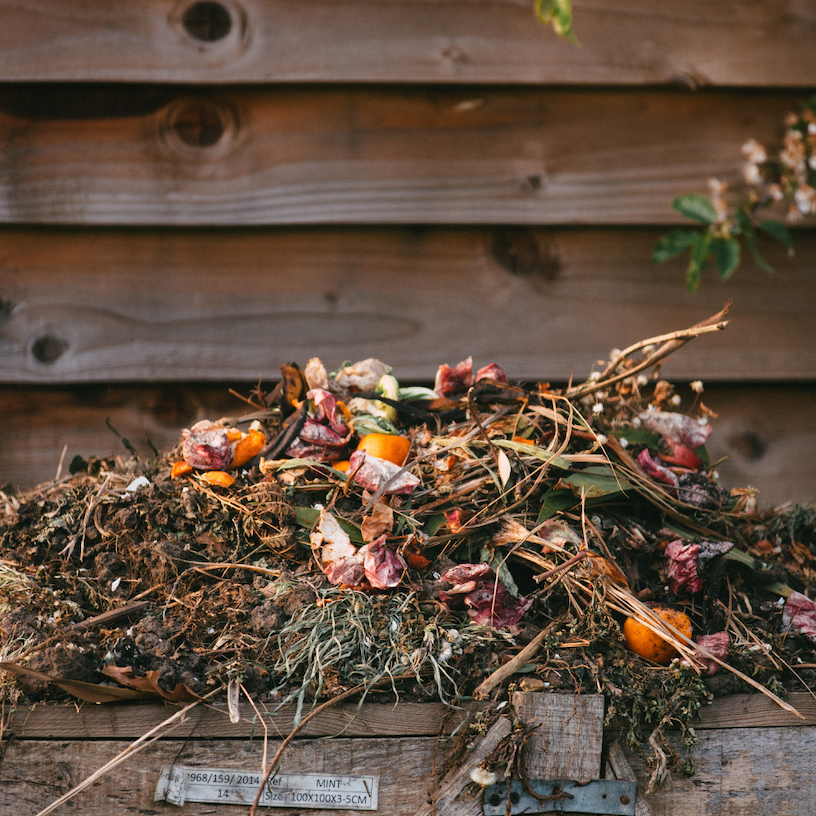
Composting is becoming a trend, and compostable products pop up everywhere, from bags to cups. Learn more about composting with 7 interesting facts.
Fortunately, composting is becoming a trend – be it agricultural composting or composting at home. And, because of this – and for the need to change our non-sustainable ways – there are many new compostable products appearing every day. Maybe you have already seen compostable products like food packaging, cups, plates, silverware, even clothes! But if this concept is somewhat cloudy for you, read these 7 interesting facts on composting and compostable products.
Compostable products: 7 facts you might not know about composting
Is compostable the same as organic? Is it a synonym of biodegradable? Can you compost plastic, paper and glass? Doesn’t composting cause global warming? Don’t worry, we will answer these and more.
1. Compostable is not the same as biodegrable
Although they frequently come together, these two words do not mean the same. Something is labelled biodegradable when it degrades by the action of naturally occurring microorganisms such as bacteria, fungi, and algae, in a not necessarily specified time frame. Compostable products, on the other hand, will degrade also naturally but that with some constrictions. Something is considered compostable if it breaks down into simpler natural elements in around 90 days, in a composting environment; if it can achieve around 60% degradation to carbon in within 180 days; and if the products of this degradation are not toxic for the soil. In summary, all the compostable products are biodegradable, but not all biodegradable products are compostable.
2. Compostable products become humus
Note the difference between humus and hummus! While the latter is a delicious dip originating from the Middle East, the former is a humus is a dark organic matter that comes from dead plants, essentially. Humus is filled with nutrients, especially nitrogen, which makes it beneficial for the soils’ health.

3. Composting doesn’t smell rotten
And while composting is technically rotten organic matter, it is not quite. Composting is done by alternating layers of “browns” and layers of “greens” – the brown being “dry”, and the greens being “wet”. If there are too many greens (like vegetable shavings, green leaves, etc) in comparison to browns (tree branches, dry leaves, some kinds of paper, etc) then there will be an imbalance in moisture and the composting bin might start to smell. Otherwise, it does not.
4. You can compost in your kitchen, under the sink
Or wherever, really. Composting is that easy! However, there are special bins to keep inside, and also special bins destined to the different kinds of composting. Some compostable products break down faster with some help of, for example, worms. Sounds gross, but it is actually very natural and clean.
5. Composting does not release harmful gas
The primary gas released from decomposing organic matter is methane. However, in composting, the main gas released is carbon dioxide, not methane. But, wait: isn’t carbon dioxide causing global warming? Well, yes and no. There are many gases, like methane and nitrogen, that are much more efficient at retaining heat and thus causing global warming than carbon dioxide. And while carbon emissions are extremely harmful for the atmosphere and planet, the carbon dioxide that comes from composting is not considered to have an effect on global warming, because when it is produced like this, the carbon dioxide integrates the so-called short-term carbon cycle – which is basically a carbon recycling that happens naturally on Earth and from which we benefit.

6. There is compostable plastic
Well, to be precise, there isn’t such a thing as compostable plastic – what already exists is, however, compostable products that look like plastic. These are made from corn, potato, and tapioca starches, or even cellulose, soy protein, or lactic acid. These Plastic-like compostable products are non-toxic and they break down into carbon dioxide, biomass, and water.
7. Not all organic waste can or should be composted
Just like there are the “greens” and the “browns”, not all organic or biodegradable products are compostable products. One such example is certain leaves and tree branches which, when composted, release substances that are toxic to plants and soil. And the same happens with coal. On the other hand, there are some kind of foods, especially cooked and fatty, that while technically can be composted, should not. Examples are dairy, meat, fish, oils. Citrus peels and pet waste should also not be composted.
Composting is basically a smarter, more sustainable way of dealing with waste that does not harm the environment or its inhabitants. Another great way of dealing with waste is eliminating it, as much as possible! And this is called the zero-waste movement – which, if you paid some attention, is one of Green Tailors’ passions. Check some great zero waste products ideas!

